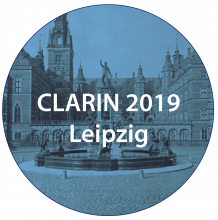Read the blog post written by members of the CA2LI research team about the study day entitled ‘Lier recherche et formation professionnelle : des corpus à l'interface’ (Corpora at the interface between research and vocational training)
News
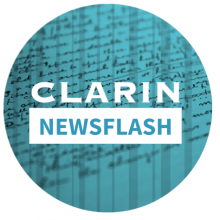
Read the most recent CLARIN Newsflash: November 2018 here
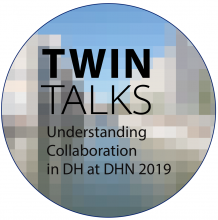
All submitted talks at this workshop are to be submitted and presented by a humanities researcher and a digital expert.
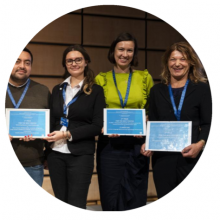
CLARIN poster "Transcending Scientific Boundaries across SSH Research focusing on Parliamentary Data" has been awarded 2nd place in poster competition
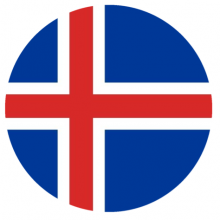
We are very pleased to announce that on 22 November 2018 Iceland officially became an observer of CLARIN
Blog post about the Seminar on Speech and Language Technology Tools, a HunCLARIN UI event that took place in Szeged, Hungary on 19 October 2018.
The Center of Estonian Language Resources (CELR) and the BBAW - Berlin-Brandenburg Academy of Sciences and Humanities (BBAW) received the B-centre certification.
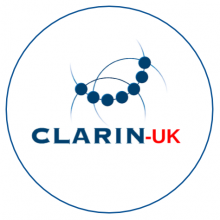
The UK has been an Observer of CLARIN since 2015, and has been admitted for a second three-year period.
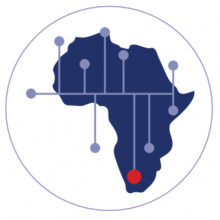
We are very pleased to announce that in October 2018 South Africa has joined CLARIN as an observer.
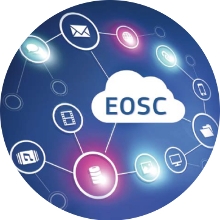
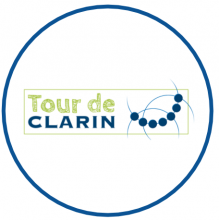
EstNLTK, the Estonian Natural Language Toolkit, brings together previously developed Estonian tools and resources in a common environment.
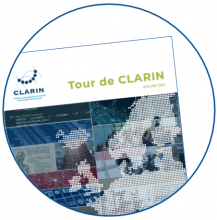

The connection between CLARIN and the European Open Science cloud will be demonstrated, today at the launch event, between 12:25 and 12:50 CET. Watch it live.

Find out more about the Estonian CLARIN consortium, one of the founding member of CLARIN .
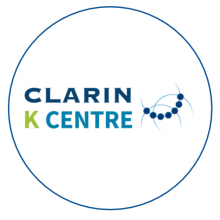
Learn more about the virtual CLARIN Knowledge Centre for Treebanking that is operated by the CLARINO Bergen Centre at the University of Bergen in Norway and LINDAT/CLARIN at the Charles University in Prague in the Czech Republic.
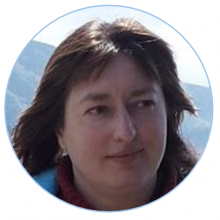
Tour de CLARIN highlights prominent User Involvement (UI) activities of a particular CLARIN national consortium. This time the focus is on Lithuania and Erika Rimkutė, Senior Researcher at the Centre of Computational Linguistics at Vytautas Magnus University.
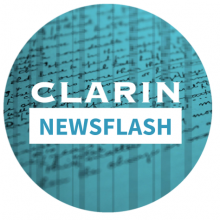
Read the most recent CLARIN Newsflash: October 2018 here
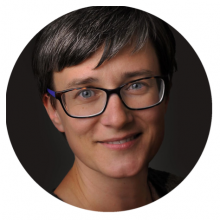
We are happy to announce that as of 1 October 2018 Darja Fišer has been reappointed as CLARIN Director of User Involvement for another two years.
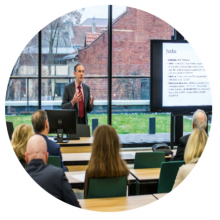
Read about the annual CLARIN-LT seminars series, a succesfull inititiative that is organized by CLARIN-LT at the end of each year.

